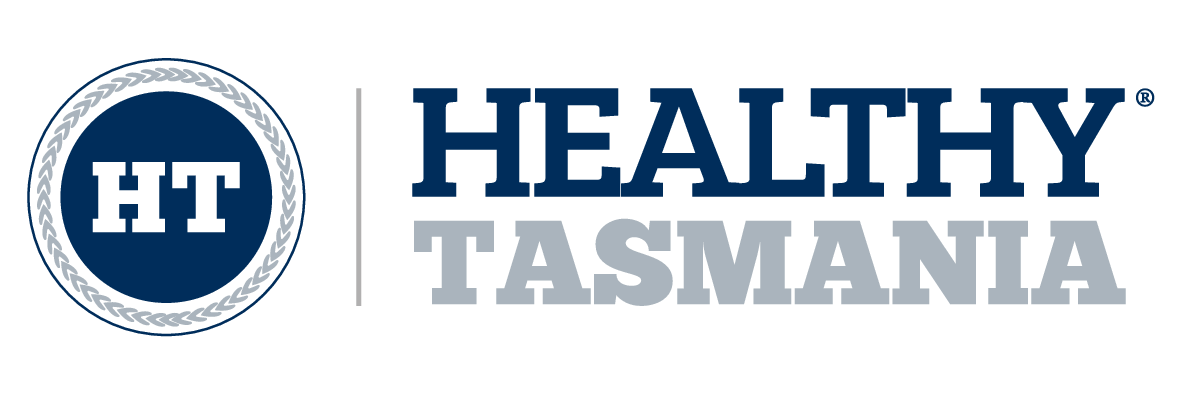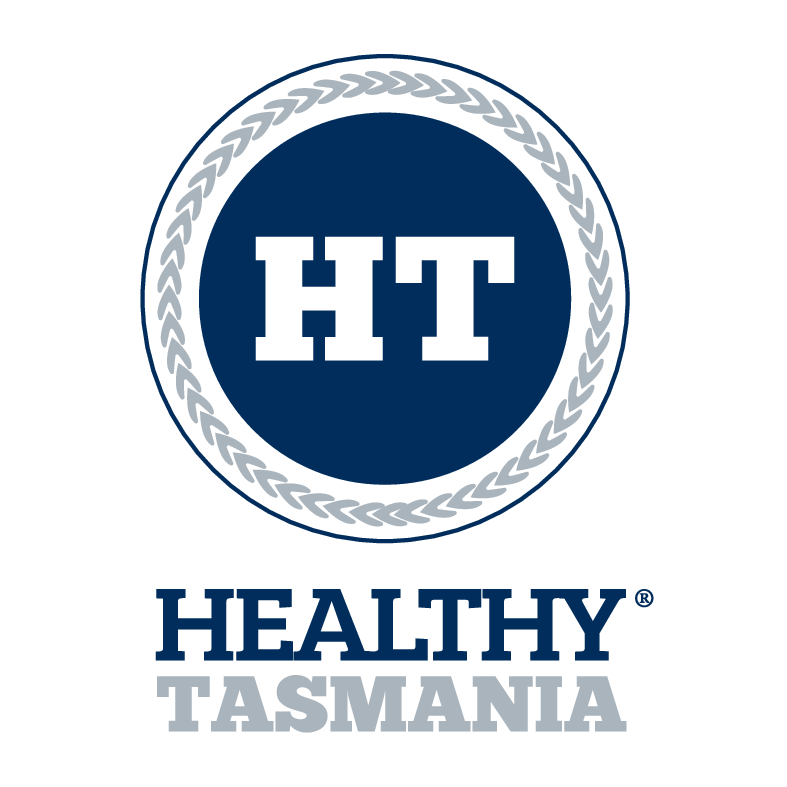Healthy Tasmania Pty Ltd contribute to Communicating: The Heart of Literacy via Talking Point: The Mercury Newspaper.
29 June 2018
I’VE got a job for you. I’ll be honest, it’s a big job. Not big in time, big in impact.
I’ll outline the job description in a moment but first I want to tell you a few stories.
A man and a bedpan
A local man, who we’ll call Ian, walked into his local neighbourhood house and asked if there was a bedpan he could borrow. One of the workers had been trained by a local initiative called The Right Place and respectfully checked-in with Ian to find out why he wanted one. Ian said it was for his wife because she’d just become incontinent. Ian had been her carer for four years. The worker asked Ian if he’d had the community care team come to his house for an assessment. Ian said he didn’t even realise the service existed. They soon arranged an assessment and it wasn’t long before a nurse was visiting Ian and his wife and they were set up with practical help including waterproof sheets and a bedpan.
Metho, coke and lice
In a small rural community, a group of frustrated parents attended an information session about head lice. Earlier community discussions had revealed lice was a significant ongoing problem causing social, health and economic issues. It was so significant a problem, that parents were trying anything they could to help their kids but hadn’t known where to get the right information.
Some tried pouring cola on their children’s heads, some had used methylated spirits, while others had put flea collars on their kids as they couldn’t afford the expensive lice products.
The stories that came out at this session led to further education sessions and the donation of a big box of lice shampoo for the community.
Are you cereal?
Sarah knew she needed some help to start living a healthier life, so she’d begun attending a free community program. She really enjoyed a particular session about healthy eating and proudly turned up to the next session with a cut-up cereal box to show the co-ordinator she was no longer eating pies and pastries for breakfast. This was a big step for Sarah. However, the cereal she’d chosen contained about eight teaspoons of sugar per 100g of cereal. Sarah has got a few more steps ahead of her, but she’s still a step up from where she started.
These are real Tasmanian stories. They are all examples of poor health literacy and how profoundly and how often it affects people’s lives. The hard work being done in the community made a difference in all these cases, which is a great start.
Low literacy levels in Tasmania means 48 per cent of us can’t read and write well enough to manage daily life. When it comes to health literacy, that figure jumps significantly.
The 2006 Australian Health Survey tell us 63 per cent of adults in Tasmania do not have adequate health literacy skills to manage their health and wellbeing. This is higher than all other states and territories. It means people struggle to fill out forms, find help when they need it, remember or understand health information and they are less able to detect or prevent a health problem. All of us are affected when our health budget continues to be burdened by preventable illness.
Part of our job is to continue to advocate for more funding for preventable health so the sorts of programs that have helped Ian, Sarah and the willing group of parents, can continue to help more people better manage their own health.
Your job?
Start telling people your good health stories. If you’ve found a service in Tasmania’s health system that’s helped you, tell someone who may benefit from it too. If you’ve learnt how to properly read the back of a cereal box, run a friend through it. If you’ve been walking on a great local trail, take someone with you.
If you’ve been for a check-up at the GP that possibly saved your life, encourage someone to do the same. It might just give that someone the confidence they need to know it’s OK to ask.
Let’s use real stories to help share good, reliable and practical information that will make Tasmanians better equipped to look after themselves.
I told you the job was big, but it’s also easy. Share your story and improve health literacy.
Penny Terry and her sister Lucy Byrne founded Healthy Tasmania Pty Ltd. They manage projects that improve the health, social and economic outcomes of communities. Here they write for Communicating: The Heart of Literacy, a public dialogue about communication and literacy.
This article was first published in The Mercury newspaper here
It is part of the Communicating: Heart of Literacy project and has been published on the Chatter Matters website along with other brilliant stories that you can read here


